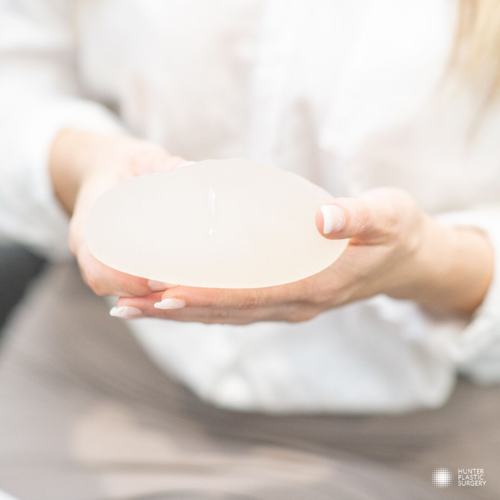One of the most important decisions people make about surgical procedures is their choice of surgeon.
You only have one body so it’s important to thoroughly review your options and be confident in the relationship with your surgeon before consenting to surgery.
So what are our top tips to choosing the right surgeon?
- Are they a genuine Plastic Surgeon? While every surgery comes with risk, choosing a Plastic Surgeon minimises that risk because of the extensive training regime they completed before they were able to use that title. In the case of our surgeon, Dr Moncrieff completed 17 years of training and examinations before founding Hunter Plastic Surgery in 2009. Every one of the five genuine Plastic Surgeons based in Newcastle can be found on the register of Australia Plastic Surgery Association’s website, including our Plastic Surgeons. If the surgeon you are considering in the Hunter is not on this list he or she is NOT a Plastic Surgeon, and unfortunately we are aware of at least one person falsely claiming this title, so you have to do your research!
- Understand that ‘cosmetic surgeons’ are not Plastic Surgeons. Almost every day we see another media story about surgery gone wrong, and they often highlight that people didn’t understand the difference between cosmetic and Plastic Surgeons. More details about the difference is here. Even here in the Hunter we are regularly seeing serious complications from other surgeons, based locally and overseas. All too often the patients say they thought they were dealing with a genuine Plastic Surgeon based on some misleading marketing materials, but they were not. You have to do your homework.
- Ask your GP or a trusted friend. Most of the referrals to our surgeons come from GPs, friends and family of happy patients and nurses who work in the hospitals we operate in. These people are often far more insightful than on-line reviews etc.
- Be wary of on-line reviews. While we pride ourselves on the fact the on-line reviews about our clinic are genuine, we know of cosmetic surgeons with reviews that are not from genuine patients. It pays to treat reviews with some level of suspicion unfortunately. Even things like Facebook and Instagram can be distorted with some practitioners choosing to ‘buy’ followers and likes on their pages. Again, we have never done this but we can see many clinics which have!
- Make an appointment for a consultation and on the day, if the ‘vibe’ doesn’t feel right, don’t book surgery with that person. The relationship with your surgeon is vital and if you don’t have a good feeling about them before surgery, how will you be able to work together throughout the ups and downs of the surgical journey?
And what if you are not happy with your surgery?
Of course, all surgery has risks but we are seeing a significant increase in complications from the clinics of cosmetic surgeons and requests for second opinions and revision surgery. So what are the right steps?
- Approach your original surgeon and express your concerns. It may help to put them in writing and sometimes this helps to clarify exactly what you are worried about that may be a natural part of the post-operative phase. But if you are still not satisfied, you may consider requesting your medical records as this assists with any reviews required by other medical professionals.
- Discuss with your GP as they can provide some advice about your concerns and a referral to another surgeon. If the matter involves an urgent complication, such as an infection, you should present to your local emergency department.
- Make an appointment for a consultation with a Plastic Surgeon. You should be aware that revision surgery is generally far more complex and time consuming that the original surgery. See point 1 on the tips to finding the right surgeon above for a link to the register of Plastic Surgeons. You don’t have to choose our Plastic Surgeon, but make sure you choose a Plastic Surgeon. Our initial consultations are $350 with a rebate of just over $75 with a GP referral.
- Make a formal complaint. You may wish to make a formal complaint to the NSW Health Care Complaints Commission.



